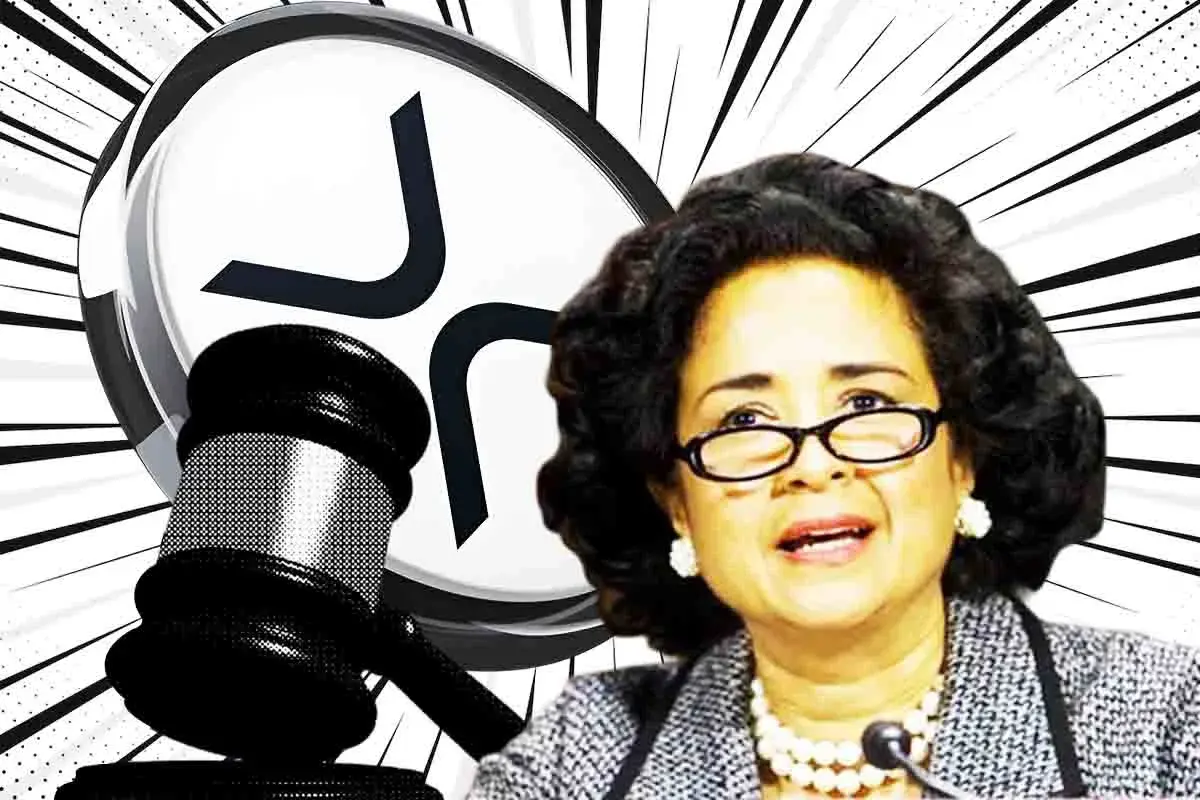

In a groundbreaking move, Evanston, Illinois recently made history by becoming the first city in the U.S. to establish a government-funded reparations program designed specifically for Black residents. This pioneering program aimed to address the enduring impact of housing discrimination and segregation that plagued the community between 1919 and 1969, and eligible Black residents were set to receive $25,000 as part of this transformative initiative.
However, this historic program is facing a significant legal challenge in the form of a class-action lawsuit initiated by non-Black residents, who contend that the program is “unconstitutional.”
Here’s a closer look at what’s going on:
The Lawsuit:
Basis: The lawsuit argues that Evanston’s reparations program violates the Equal Protection clause by showing preference to Black residents based on their race.
Presumptively Unconstitutional: Plaintiffs assert that the program is “presumptively unconstitutional” due to its racial requirement.
Barrier to Participation: The use of race as an eligibility requirement is viewed as a hurdle preventing non-Black residents from equal participation.
Seeking Equality: The lawsuit advocates for $25,000 payments for all eligible applicants, regardless of race.
Overinclusiveness: Some eligible groups were not required to demonstrate housing discrimination and segregation, leading to criticisms of the program being “overinclusive.”
Proxy for Discrimination: The city is accused of “using race as a proxy” for identifying those who experienced discrimination during the specified time period.
Program Details:
Evanston has committed $10 million to the reparations program and pledged an additional $10 million in 2022.
454 “Direct Descendant” Applications have been approved, with at least 80 applicants slated to receive payments in 2024.
129 “Ancestor” Applications (individuals who lived in Evanston between 1919 and 1969) have already received payments.
This legal battle underscores the complexities entwined with addressing historical injustices and the ongoing discourse surrounding reparations. As Evanston grapples with its past, the outcome of this lawsuit is poised to have far-reaching implications.
It’s truly remarkable to witness Evanston taking bold steps towards reconciliation and repairing the wounds of the past. While the legal intricacies of the program’s implementation are being debated, the city’s commitment to acknowledging and addressing historical injustices is a testament to its dedication to fostering a more equitable community for all its
